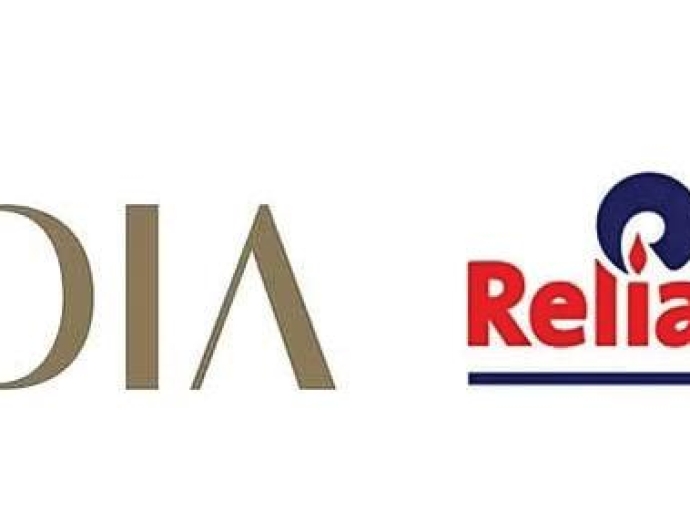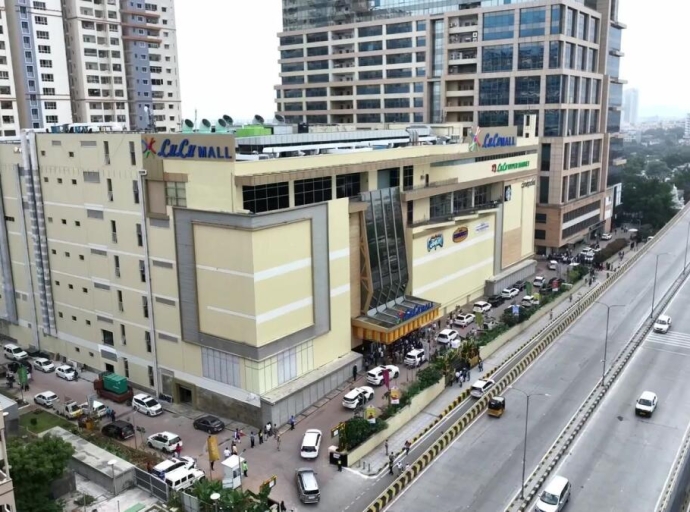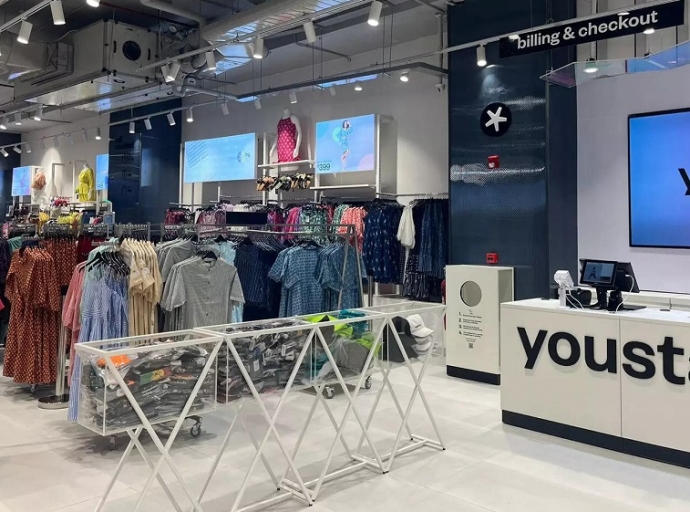27 September 2023, Mumbai
Sculpting a lean and mean look with a strategy focus on its six core strong brands to drive its business forward has greatly helped.
About Brand
Arvind Fashions as India’s leading apparel makers to shake off a bulk of unprofitable businesses and be back at the top of the game once more.
Recent change in strategy has added a massive Rs 1,365 crore to topline profits in FY23 while closing the year with a Rs 4,421 crore revenue and net profit of Rs 37 crore. This is in stark comparison to a loss of Rs 267 crore in 2022 where the top-line profits were just Rs 3,056 crore, despite the post-Covid buying splurges.
When the bandwagon of 27 apparel brands threatened to topple over, Arvind Fashion strategically decided to focus on its strongest six brands: US Polo Association (USPA), Arrow, Flying Machine, Tommy Hilfiger, Calvin Klein, and Sephora.
Suffering losses over Covid years, the company had discontinued unprofitable businesses such as GAP, Nautica, Elle, Izod, Hanes, New Port, and The Children’s Place over the last two years. The company also sold off its value-fashion retail chain Unlimited which included 74 value fashion retail stores across South and West India to V-Mart at an estimated Rs 150 crore in 2021 which helped recover the capital employed in the business and other assets.
In FY21, Arvind focused on cost reduction by 40 per cent which converted to an estimated Rs 540 crore across rentals, warehouse, manpower optimization as well as getting rid of loss-making ventures.
US Polo sales lead the current bandwagon
Kulin Lalbhai ,Vice-Chairman and Non-Executive Director of the company – who has been driving new initiatives in the consumer businesses – has opined the main focus would be on the flagship USPA casual wear brand, where the current turnover of around Rs 1,800 crore may even reach Rs 2,000-crore mark by the end of this fiscal year driven by a strong marketing, retail and e-commerce push.
Going great guns
Sales of USPA apparel may jumpstart India to the second spot in the global market-- where the current order of line-up is the US and Turkey followed by India for the next three to five years with this kind of all-round marketing hype.
Other strong brands such as Arrow, Flying Machine, Tommy Hilfiger and Calvin Klein are also in the Rs 500-crore revenue club while gunning for the Rs 1,000-crore top-line mark in the next two to three years. Arvind is all set to launch an online beauty store for Sephora, which is doing phenomenally well with an annual turnover is around Rs 300-400 crore and plans to do even better with its online license.
Aims at 12-15% CAGR over the next three years
As per recent earning calls, Arvind Fashions is hoping to achieve a 12-15 per cent CAGR in terms of turnover over the next three years, while using a mix of online and offline distribution channels.
However, the profit-making flagship brands of US Polo and Tommy Hilfiger, which account for nearly 80 per cent are plodding along just fine with a 2 per cent rise in overall revenue while its emerging brands Calvin Klein and Sephora have shown a 15 per cent increase in quarterly revenue.
Chip in
Even the footwear and kids-wear segments witnessed a year-on-year growth of 30 per cent and 12 per cent over the last two years respectively.
From starting as a denim-manufacturing company in the 1970s when the powerloom sector challenged big mills with the ability to make cheaper garments, Arvind has survived by evolving into a super power house keeping in the profitable businesses while cutting out the flak.
Latest Textile Events




































